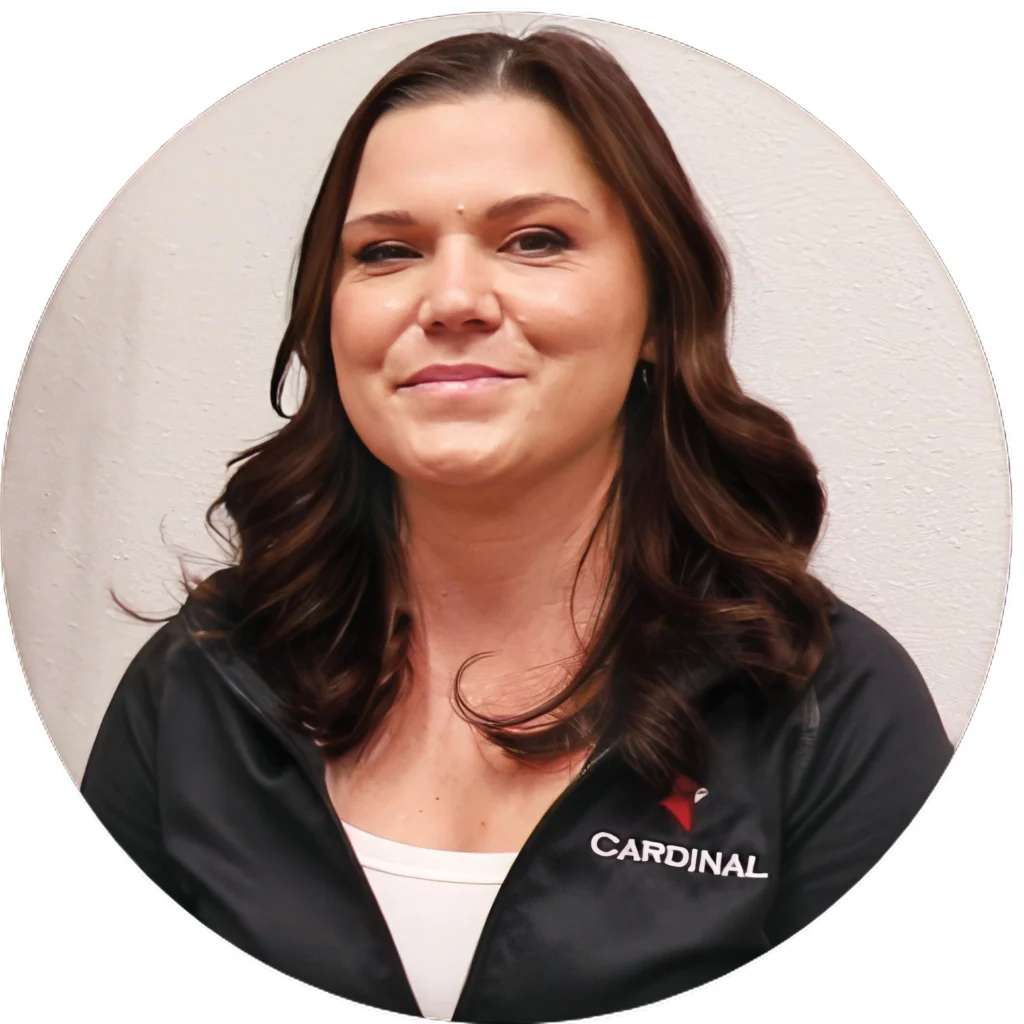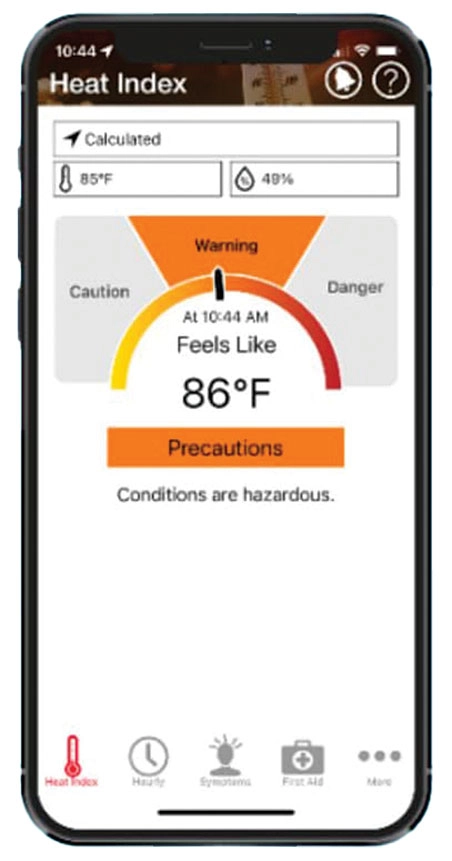
The monthly Pest Posse Academy Live Training event for June focused on how to prevent heat illness. Presenter Holly Hennagin, the regulatory compliance manager for Woodland, Calif.-based industry distributor Cardinal Professional Products, delivered an eye-opening message: Heat illness isn’t just uncomfortable, it’s deadly. In fact, it’s the No. 1 weather-related killer in the U.S. Not floods. Not tornadoes. Heat. And that should give every pest management professional (PMP) reason to pause.
Hennagin laid out how the Occupational Safety and Health Administration (OSHA) is cracking down nationwide on businesses that aren’t up to speed on heat safety. The agency recently increased inspections and stiff penalties for noncompliance. California already has implemented strict indoor heat regulations, and other states are likely next.
Nationally, if you’ve got technicians working in warehouses where temps hit 82 degrees Fahrenheit or higher, you’re officially on the hook.
For outdoor crews? The rules kick in at 80 degrees Fahrenheit for shade access and 95 degrees Fahrenheit for additional precautions, such as water, rest breaks and yes, even pre-shift safety talks.
But don’t worry. This doesn’t mean you need a big production, just a five-minute huddle in the morning to check the forecast, set expectations and let your team know you’ve got their backs.

4 rules for safety
OSHA expects businesses to provide four simple things to be considered compliant:
- Water that is clean, cool and always accessible
- Shade, especially on jobsites without natural cover
- Training, specifically an annual refresher course for everyone and new-hire onboarding within 90 days of employment
- Rest breaks at a minimum of every two hours
If you miss any of these, you could end up on the wrong side of
a compliance inspection and receive a hefty fine.
Pro tips from the field
Hennagin offered additional pointers on ensuring your team is in compliance, including:
▶ Create and maintain a written heat illness prevention plan. This should be neither a cookie-cutter document nor a static one. Make it specific to your team, your routes, and your service offerings and revisit it often to update as needed.
▶ Use the buddy system. Lone ranger mentalities don’t cut it when temperatures rise.
▶ Create visual reminders. Post signs, share symptoms and keep a laminated quick-reference card in every service vehicle.
▶ Encourage communication. If someone’s on medication, for example, ask them to talk to
their doctor about how heat may affect them.
You might get pushback, but this isn’t about being tough, it’s about being smart. No job is worth a trip to the hospital. Protect your people, follow the rules and lead by example. You can catch the full replay online at PestPosseTV.com/programs/live-training-heat-illness-prevention-9bd621. pmp
Leave A Comment